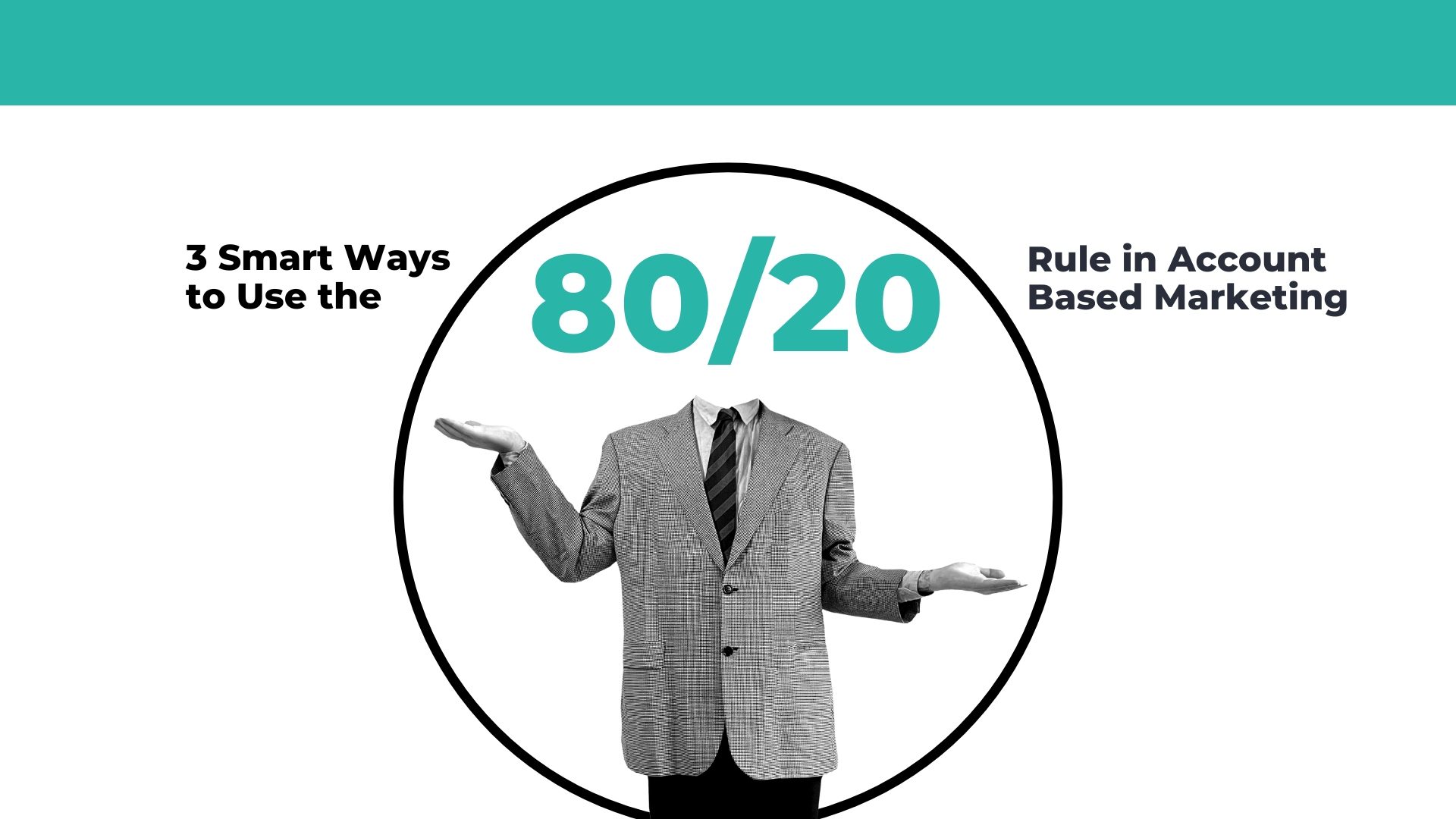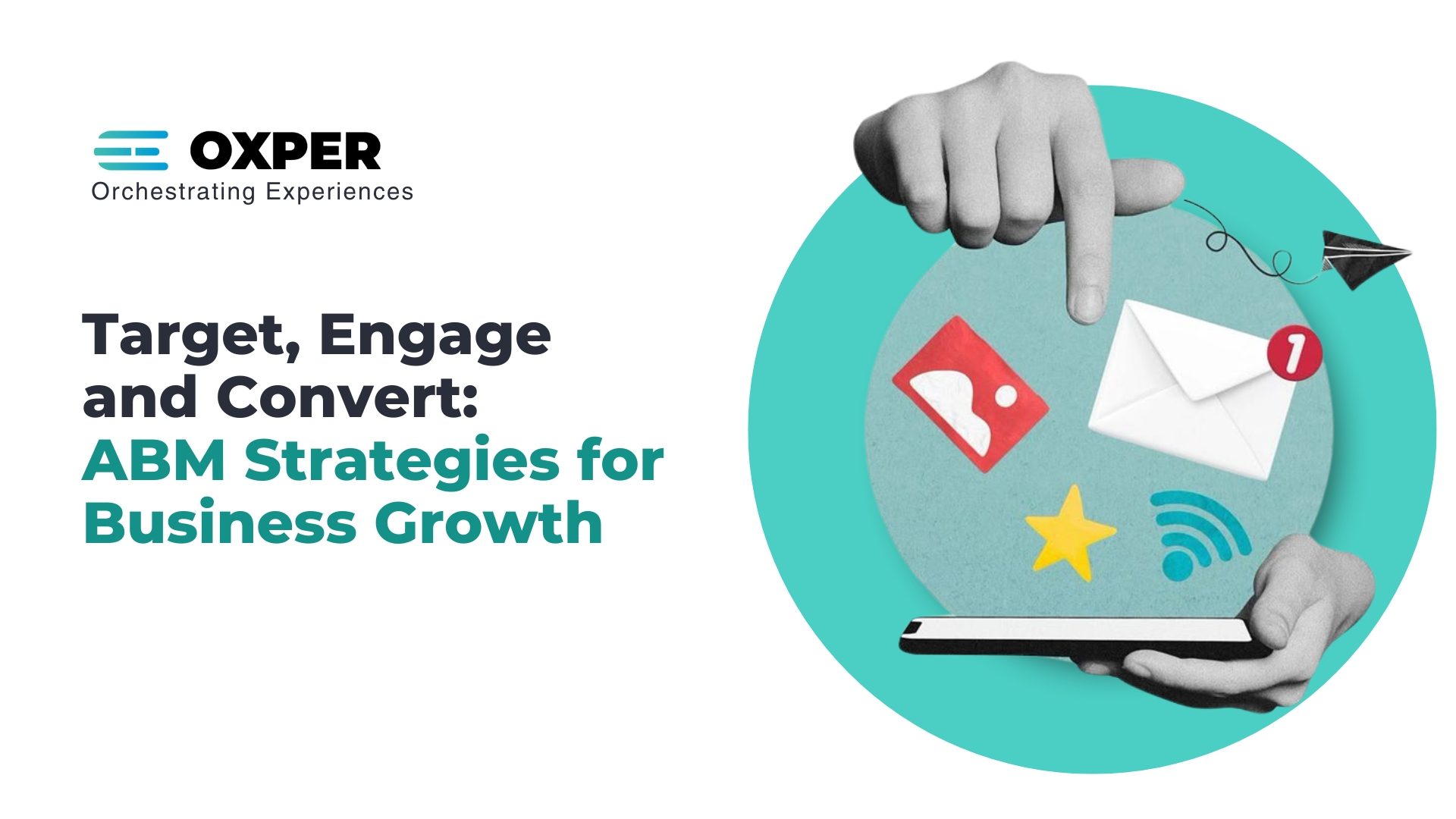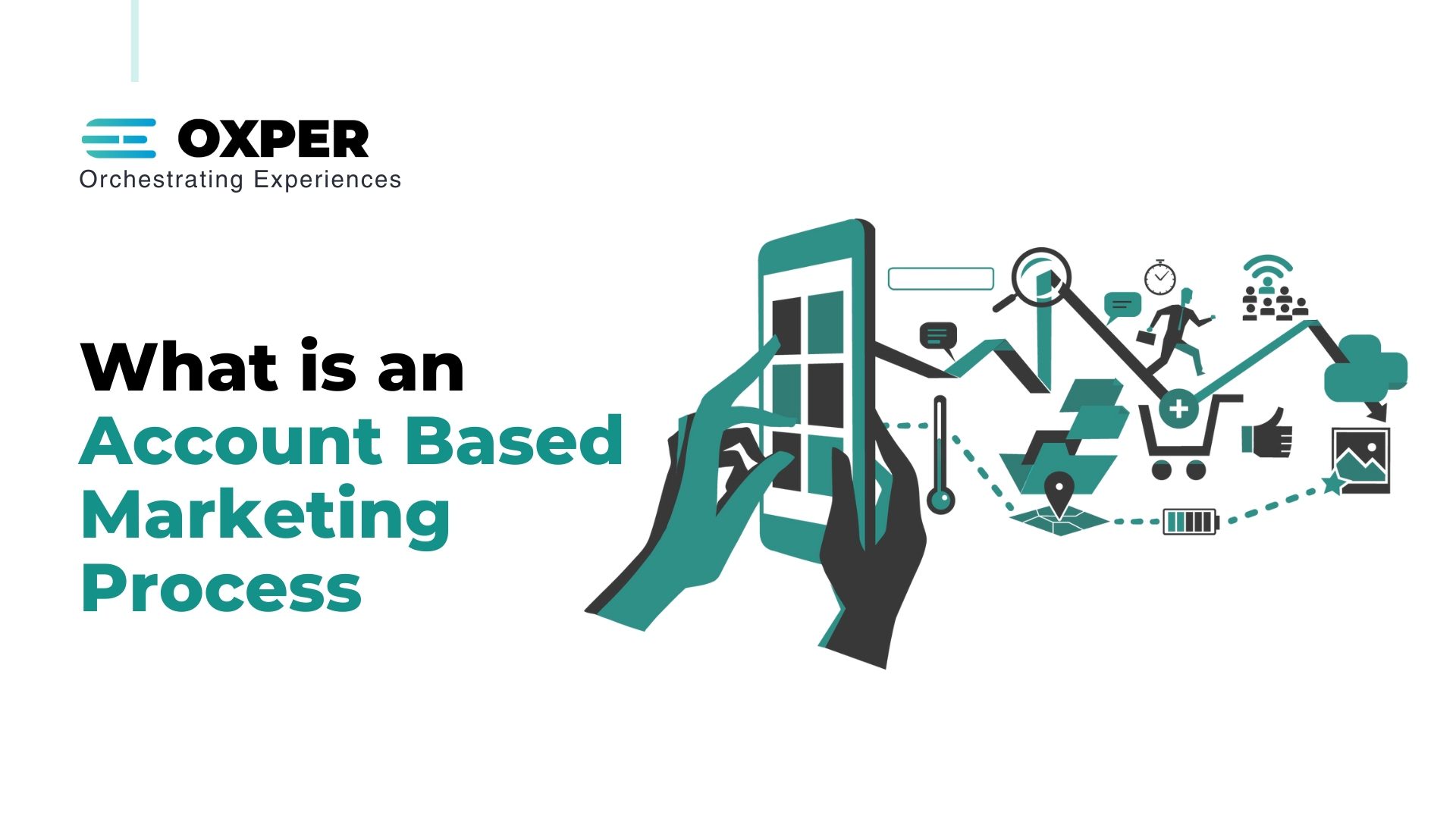What is Account-Based Marketing (ABM) and the Role of an ABM Manager?
Account-Based Marketing (ABM) is a strategy that engages marketing and sales teams to concentrate on ideal target accounts through customized campaigns. This guarantees that all departments are aligned to facilitate the most relevant objectives, enhanced collaboration, and increased ROI.
An Account-Based Marketing Manager is fundamental in implementing and managing ABM strategies. The primary components of their role include performing target account identification and research to identify additional business opportunities as well as collaborating with account management teams to enhance and grow existing client relationships. Targeted efforts demonstrate that marketing is relevant to the account, which maximizes engagement, shortens the sales cycle, and improves customer lifetime value.
Key Responsibilities of an Account-Based Marketing Manager
1. Determine the Target Accounts
You must first identify your ABM target accounts to reach out to them and engage them. Next, the research will be done to identify high-value accounts to target, and time will also be spent creating growth strategies based on what is learned. Finally, they’ll ensure marketing initiatives align with the planned procedure and ultimately translate plans for the sales staff to carry out.
2. Account relationships are crucial
In addition to directing these account plans, account-based marketing managers create particular ABM KPIs to assess the effectiveness of ongoing initiatives. Account Based Marketing Managers will consider how much time is spent on these high-value accounts using their strategic knowledge. Their objective is to grow their business by keeping valued customers longer by developing reliable connections within target accounts.
3. Inbound marketing vs account-based marketing
Inbound marketing, which helps to draw in high-value accounts, is the cornerstone of a solid ABM approach, according to HubSpot. ABM, however, enhances inbound marketing by enabling the efficient and focused deployment of resources to high-value accounts. ABM then speeds up the flywheel to increase the chance of capturing individual performances with satisfied customers.
Important Objectives for an Account-Based Marketing Manager:
- Target Account Reach
- Customer lifetime value
- Cross-sells & upsells
- Revenue growth
- Relationship growth
- Sales Velocity
- Percent Referred Customers
- Net Promoter Score
Personalized advertising and account-based marketing
Account based marketing starts with creating functional segments, followed by identifying marketing initiatives that can be tailored to those segments on the channels that will have the most significant influence on them (events, website and email). The strategy of each organization will use a unique combination of methods. Your design for pursuing a given client will be influenced by its unique characteristics, proper segmentation, and appropriate marketing channels. It would help if you focused your ABM initiatives on the target groups that will be most beneficial to your company.
The ability to precisely adjust a website’s creativity and messaging to your target accounts makes website customization a vital component of an ABM approach. Website personalization allows you to alter how users interact with your site once they arrive, much like how offsite marketing campaigns are personalized for each client. To identify anonymous site visitors, web personalization for ABM uses firm graphic data, which is often obtained by reverse IP search, first-party or third-party data.
For example, to offer a customized web experience, the visitor’s company might be determined and compared to your target account list. The messaging, visuals, calls-to-action, and social proof of a website can all be customized through account-based customization.
Essential Skills for an Account Based Marketing Manager
- Strategic Planning
- Communication and Collaboration
- Analytical Thinking
- Project Management
- Personalization and Creativity
In the current super-targeted B2B world, Account-Based Marketing (ABM) has become a significant marketing strategy. Instead of casting a broad net, ABM flips the traditional marketing funnel – zeroing in on accounts with high-value and implementing bespoke campaigns to win them as customers. However, while tools are essential to proper ABM, you need to have proficient professionals who understand the business of ABM.
So, what is Account Based Marketing, and what does a great ABM manager look like? Let’s take a look at the key skills that every ABM professional should possess, and why they are critical to ABM.
First, What is Account-Based Marketing? At its essence, Account-Based Marketing (ABM) is a targeted growth strategy where the marketing and sales departments unite to build customized buying experiences for a handful of high-value target accounts. Rather than addressing industries or personas in general, ABM customizes messaging to specific accounts with the maximum revenue opportunity.
- Account-Based Marketing Meaning in Action:
- Custom launches for individual companies
- Strategic alignment between sales and marketing
- Decisions supported through data to engage stakeholders
The unique benefits of Account-Based Marketing are plentiful—greater ROI, improved relationships with customers, decreased sales cycle, and higher win rates, etc. But none of this occurs without a competent ABM manager at the helm.
1. Strategic Planning: ABM is not a simple plug-and-play tactic. It takes deep thought and future-oriented strategy.
An ABM manager should be able to:
- Identify a list of high-value accounts and prioritize them.
- Identify and define goals and KPIs
- Align marketing plan to the business strategy
With solid strategic planning, every campaign of the ABM program is purposeful, having measurable impact where it matters.
2. Communication and Collaboration: ABM thrives by having sales and marketing collaborate as partners. A strong ABM manager acts as a bridge between departments to ensure everyone stays on the same page.
Critical elements are:
- Strong ability to listen and communicate
- Work to manage stakeholder expectations
- Cross functional collaboration with all involved including sales, product, and customer success
Simply put, if you can’t communicate, you can’t collaborate, and if you can’t collaborate well, ABM will not succeed.
3. Analytical Thinking: Data is at the heart of ABM. From choosing your target accounts to understanding the performance of your campaigns, analytics provide the backbone for every decision made.
An ABM Manager must:
- Analyze account insights & take action
- Use intent data to prioritize account engagement
- Optimize based on metrics & feedback
Understanding data analytics can not only help you measure success, but it also fuels predictive analytics to assist in winning more business in the future.
4. Project Management: As there are many different campaigns being executed across different accounts, an ABM Manager’s role requires them to wear multiple hats.
Good project management allows:
- Timely execution of campaignsTrack resources, and movement of budgets.
- Progressive coordination between content, design, and digital teams.
Consider an ABM Manager the conductor of an orchestra who is keeping all parts in harmony and in sync.
5. Personalization and Creativity: Personalization isn’t a feature in ABM. It’s the whole point.
Great ABM Managers know how to:
- Create hyper relevant messaging against each individual account.
- Use creativity and storytelling that resonates with different stakeholders.
At the same time, leverage personalization at scale with smart tools and automation In a crowded inbox, creativity and authenticity go a long way and matter.
Benefits of Account Based Marketing Manager
In the fiercely competitive B2B environment of today, marketing approaches have changed from mass marketing to precision targeting, and the Account-Based Marketing Manager role exists to leverage evidence-based communications to make an impact in a focused way.
Here’s why the ABM Manager role is a game-changer:
Targeted approach: Focus on high-value accounts that matter most, eliminating waste and increasing return on investment (ROI).
- Sales-Marketing sync: Close the gap between the sales and marketing teams to work towards common goals.
- Hyper-personalization: One-to-one messaging that supports conversations with key decision makers.
- Smarter campaigns: Use data to create and execute high-impact campaign approaches through multiple channels.
- Faster conversion time: Uses relevant and timely engagements to speed up the sales cycle.
- Deeper relationships: Support upsell growth and retention after the sale.
ABM managers assist you in closing larger deals faster, with less resources, and more precision.
Conclusion
The Account Based Marketing Manager will be able to create and implement target account strategies to aid in account-based selling. They will also make sure that current clients are receiving excellent service.
Discover how Oxper’s ABM services can drive real results.
FAQS
1. What is account-based marketing (ABM), and how does it work?
Account-based marketing (ABM) is a strategic B2B marketing approach that focuses on identifying and targeting high-value accounts with personalized campaigns. Instead of casting a wide net, ABM aligns marketing and sales teams to engage specific decision-makers within target companies. By delivering tailored content and outreach based on account needs and behaviors, ABM increases relevance, accelerates deal cycles, and improves ROI.
2. What does an Account-Based Marketing Manager do?
An Account-Based Marketing Manager develops and implements customized marketing strategies for a select group of high-value accounts. Their role involves close collaboration with sales teams to drive engagement, pipeline growth, and revenue. They focus on delivering targeted messaging and experiences that align with each account’s unique business challenges and goals.
3. How does an ABM Manager identify and target high-value accounts?
An ABM Manager identifies target accounts using a combination of firmographic data (like industry, company size, and revenue), intent data (signals that indicate buying interest), and sales team insights. This data-driven approach helps prioritize accounts with the highest potential for conversion and long-term value, ensuring efficient resource allocation.
4. What are the key responsibilities of an ABM Manager?
The core responsibilities of an Account-Based Marketing Manager include:
- Account segmentation to categorize and prioritize target accounts.
- Campaign planning and execution of personalized outreach strategies.
- Content personalization to address specific pain points and goals.
- Cross-functional collaboration with sales, product, and customer success teams.
- Performance tracking and optimization using key metrics like engagement, pipeline contribution, and account progression.
5. How does ABM differ from traditional inbound marketing?
ABM vs. Inbound Marketing: While inbound marketing focuses on attracting a broad audience through content marketing, SEO, and lead generation, account-based marketing is more focused and personalized. ABM targets a curated list of high-value accounts with tailored campaigns, ensuring deeper engagement and higher conversion rates. This makes ABM ideal for complex B2B sales cycles where building strong relationships with key stakeholders is critical.





